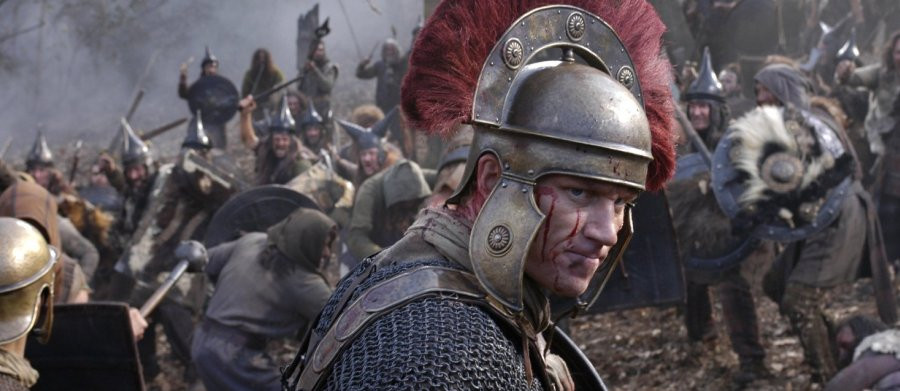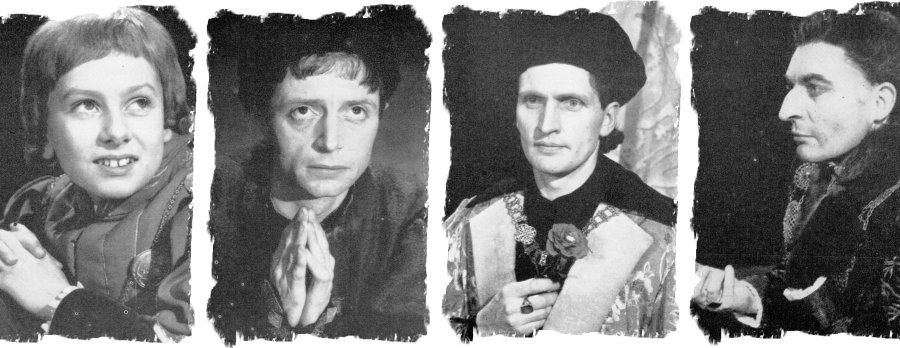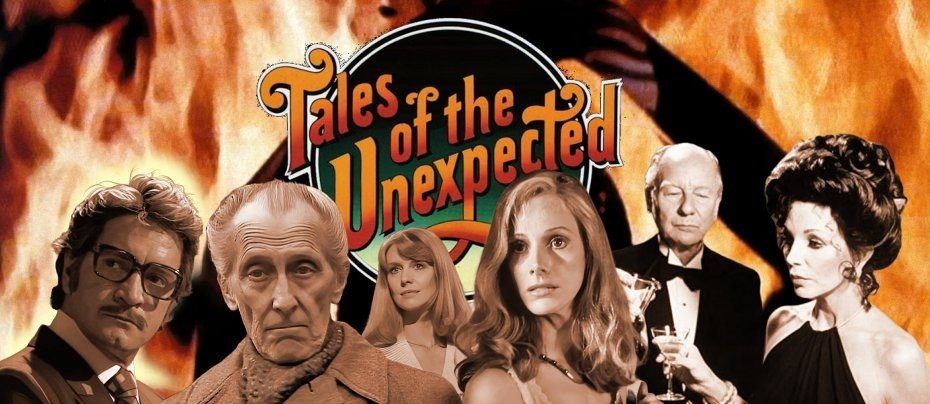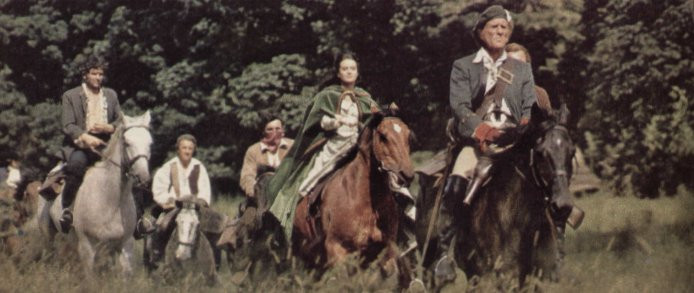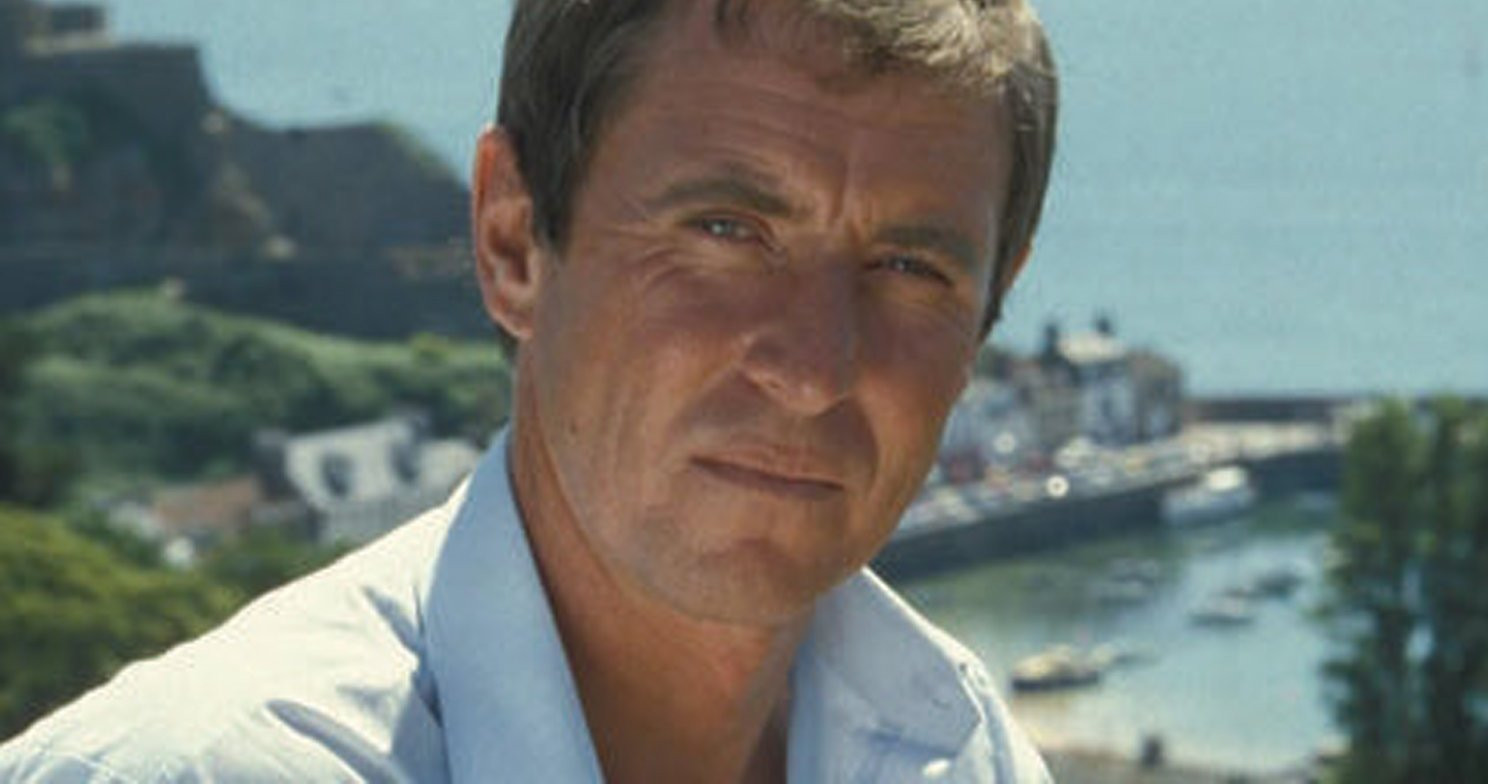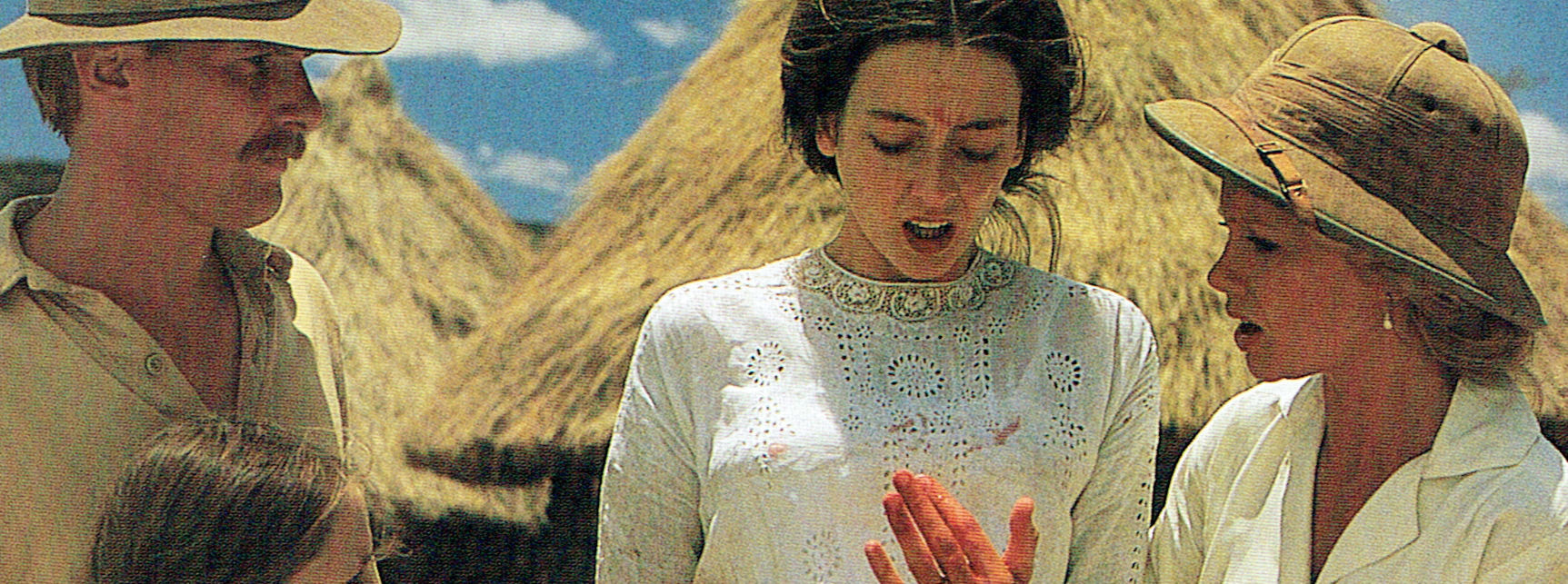
The Flame Trees of Thika
1981 - United KingdomIn 1981, Euston Films broke out of its, at that time, established format of producing male dominated actioneers such as The Sweeney, Out, Fox and Minder to adapt a classic novel; Elspeth Huxley's The Flame Trees of Thika - an autobiographical account of her childhood when, at just six years of age, she left London with her parents, Tilly and Robin Grant, who set out to establish a coffee plantation in Kenya.
The inspiration for the series came to producer John Hawkesworth, best known for his work on other period dramas such as Upstairs, Downstairs, The Duchess of Duke Street and an earlier Euston Films production-Danger UXB, whilst he was reading the book on an airplane journey to Kenya for a safari. Hawkesworth fell in love with the story and took out an option on it for Consolidated Productions, a company established in 1978 by him, John Pringle and John Whitney (then MD of Capital Radio). Having worked on Danger UXB, Hawkesworth was well-known at Euston Films and the project appealed to their Chief Executive, Verity Lambert. "I felt that it rather rang the changes a bit from the rather sort of macho stuff we were making" Lambert said. She thought it was distinctly feminist. "If you examine it all the women are the people who get things done in it and come to terms with their life."
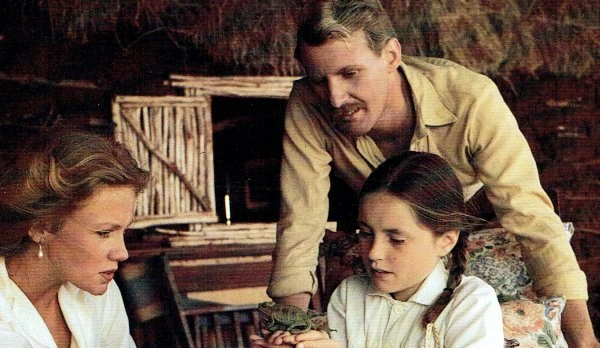
In the series Elspeth was played by a relative newcomer; Holly Aird. But the part of Tilly was taken by an actress very well known to the British Public. John Hawkesworth had introduced Hayley Mills to a screen career in 1959 when she was 13 years of age. The film was Tiger Bay. In it, Hayley's father, John Mills, stars as a police superintendent who investigates a murder to which she is the only witness. David Robb played Robin.
At the outset the Grants envisage a green fertile oasis with natives who would work for pennies. But they are soon faced with the reality of their situation, having to begin from scratch on uncultivated land that requires them to chop down trees, ford streams and build dams in an often dangerously hostile environment. In contrast to the hard-working, hard-up Grants are the Palmers, a rather up-market British couple who arrive in Thika with a piano, two Pekinese dogs and other home comforts to keep them suitably amused. But it's not enough for Lettice Palmer and she is soon off having an affair with the local big-game hunter, Ian Crawfurd (played by Ben Cross of Chariots of Fire fame). But her adultery is put to an end by the outbreak of World War I and as the men go off to war so the women and children await their passage home to England.
The production of The Flame Trees of Thika was a costly one and fraught with many obstacles. Flame trees flower for only the shortest of periods after the rains of October and November, and when a thunderstorm was required for the filming and the local weather didn't oblige, the production team had to hire Nairobi's fire brigade to use their hoses whilst another film crew sped off many miles away to film flame trees. In Elspeth Huxley's autobiography, the Kikuyu women, who build the Grant's house, are bare from the waist up. But that was in 1913, and by 1980 the Kenyan and Tanzanian authorities, concerned of the West's racist depiction of African people, had banned any public display of nudity or semi-nudity. Also banned was the killing of wild animals which was required in several episodes. The production team were forced to film cutaway scenes using stuffed animals from the Nairobi Natural History Museum.
The Flame Trees of Thika was sold to thirty-three countries including Kenya, Swaziland, Zambia and Zimbabwe, but a few episodes into the series African countries banned it from their screens. Elsewhere it was better received. Kay Gardella, critic for the New York Daily News wrote: "Like Hawkesworth's previous productions, The Flame Trees of Thika is not in a hurry. It invites you into the world of a small band of settlers, lets you share their hopes, disappointments and fears and, like Born Free, gives you a taste of what life in Africa might have been like at the time." Others were less kind. Hayley Mills' appearance was especially marked out for comment as being too neat and tidy. Elspeth Huxley, who accompanied the production team to Africa - and the place she lived as a child, added to this by writing; "I am sure Hayley Mills, with her elegant figure, her full skirts and clean blouse, a hairdresser just out of camera range ready to adjust each errant curl, a makeup expert darkening her eyelids, doesn't look in the least like my mother looked when urging reluctant mules to draw a dilapidated buggy, bandaging an African boy seared by fire, pricking out seedlings under a broiling sun with dirty hands and sweating face." But Huxley was complimentary about other aspects of the production, not least of all about Holly Aird who she found 'enchanting'.
Originally transmitted on the ITV network from 1 September to 13 October 1981, The Flame Trees of Thika was later nominated for three BAFTA Television Awards, including Ian Wilson for Best Cinematography. The success of the series was enough to convince Euston Films that they could make a successful series with strong female leads. They followed it with Lynda La Plante's Widows.
Seen this show? How do you rate it?
Seen this show? How do you rate it?
Published on December 12th, 2018. Written by Laurence Marcus (2014) for Television Heaven.


